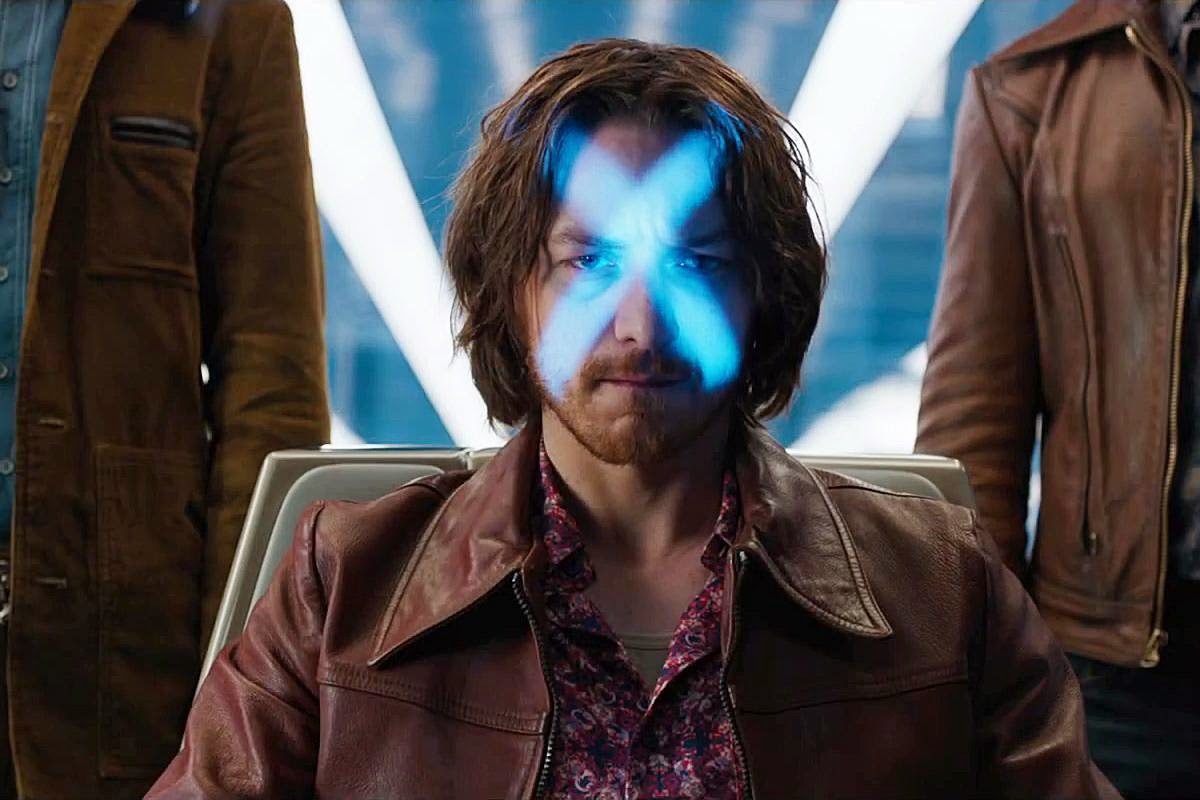X-Men: Days of Future Past Review
Time is of the essence.
Film review by Isaac Handelman
X-Men: Days of Future Past is just the sort of ultra-ambitious blockbuster outing that could have gone horribly wrong in a multitude of ways. The large, ensemble cast could have easily overcrowded the proceedings. The time-hopping narrative could have become convoluted. The need to balance between new and old characters could have made for a film lacking in focus or even purpose. The good news is that Days of Future Past manages, remarkably, not to fall victim to any of these potentially major caveats. Though it doesn’t quite reach the dramatic heights of 2011’s prequel First Class, Days is a triumphant crowd-pleaser in the truest sense.
Days of Future Past caters to both fans of the original trilogy and to those of First Class by pulling off a deft balancing act between the franchise’s young and old character sets. The film’s narrative stands well enough on its own that newcomers need not be scared off, though a certain level of familiarity with the series will be needed in order to appreciate the nuances of Days of Future Past. More than anything else, the film is a sequel to First Class, providing a surprisingly meaningful, fleshed-out continuation of the narrative threads found in that pseudo-reboot.
James McAvoy and Michael Fassbender once again excel as the younger versions of Charles Xavier and Magneto, respectively. Their dynamic, which alternates between one of old friends and one of outright hostility, is thoroughly engaging. The main dramatic plot thread revolves around the relationships of both of these men to Raven (Jennifer Lawrence), otherwise known as Mystique. Xavier is still understandably haunted by Raven’s tumultuous decision at the end of First Class, while Magneto must grapple with a different sort of Mystique-centered inner conflict that ultimately shows how crushingly unflinching the character has become due to his choice to travel down a “darker path.”
However, neither of these stories reaches a suitable payoff by the film’s conclusion. Though the
ending certainly leaves plenty of doors open for the future of the series, it fails in providing an earned, wholly satisfying bookend to the onscreen goings-on of this film. For a film with such an epic, sweeping-scope, too many things go unexplained and, though it makes sense in the context of the narrative, things are simply wrapped up too quickly. The resulting feeling is that Days of Future Past is a bit haphazardly constructed, lacking the smooth, confident flow of its predecessor.
Luckily, the road to reach the ending is quite engaging. The duo of Xavier and Magneto teams with Logan (Hugh Jackman), better known as regenerative mutant Wolverine, who’s been sent back from the future to put a stop to an assassination that ended up causing a cataclysmic war between mutants and their normal human opposers. As far as time travel stories go, Days of Future Past is relatively easy to follow; it jumps too and fro from past to future, but each of these strands is straightforward enough. The segments in the past are the stars of the show; though the future segments are entertaining for their throwbacks to the original trilogy, the future storyline is comparatively cartoonish and has some notable timeline-related plot holes. The entire film possesses an aura of lovable, comic-book hokeyness, but the future storyline occasionally struts into illogical and hackneyed territory.
However, these sections also contain some of the film’s most electrifying action sequences, highlighted by one especially creative mutant power that involves the creation of portals. The future story should also be commended for its dark tone and willingness to be absolutely brutal at times; these hard-hitting elements lend themselves nicely to the desperateness pervading the predicament of the mutants.
Back in time, audiences are treated to as many mesmerizing set-piece moments that showcase Days of Future Past’s incredibly high production values. One sequence in particular stands out as perhaps the most awe-inspiring demonstration of Magento’s huge power that has yet been seen in the series; another secures Quicksilver as a surefire fan-favorite in an extraordinarily clever, amusing action scene destined to stand alongside Nightcrawler’s famed White House invasion as one of the series’ most revered moments.
These sequences are peppered in with the X-Men series’ usual, hardly-veiled themes of discrimination and fear of the unknown which, though far from subtle, are convincingly portrayed, for the most part, and make for more profound societal themes than are found in your typical comic-book film.







Comments
Post a Comment